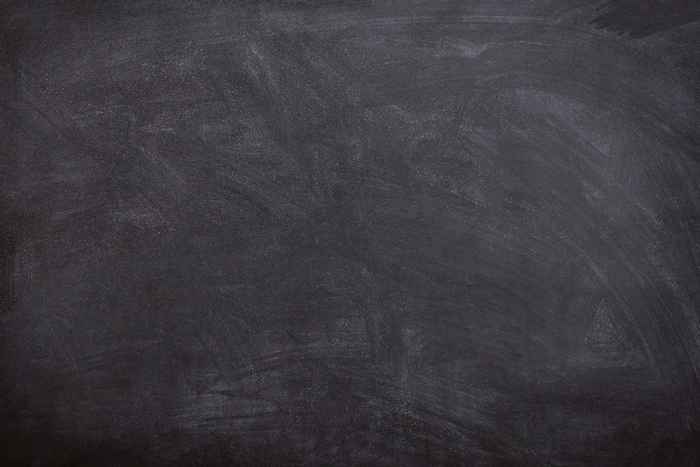Spring 2019 Hydrodynamics and Collective Dynamics
Advanced Topics in Theoretical Physics
- Start date
- 7 February 2019
- End date
- 20 May 2019
- Time
- 11:00
This Spring semester course will be divided into three 5-week modules. For each one there are four lectures (2 hrs each) and four exercise sessions (4 hrs each). At the end of the module there is an exam. All exams will be graded with a pass or fail. You need to pass all three exams to receive credit for the course. PhD students are not obliged to do the exams, which are meant for Master students who intend to use this course as part of their Master Program.
Please fill in the registration form before the course begins, even if you do not plan to take the course for credit. We cannot process your grade or send important notices if you do not register ahead of time. REGISTRATION IS CLOSED.
Course summary
| Module 1: Hydrodynamics and effective field theory - Jan de Boer (Amsterdam) Module 2: The emergence of hydrodynamics from microscopic collisions - Joost de Graaf (Utrecht) Module 3: Hydrodynamics of liquid crystals - Luca Giomi (Leiden) |
Lectures will take place on Monday's at 11:15-13:00, followed by a study/exercise session 13:45- end. The location of this semester's course rotates between the three institutes. The first module will be held in Amsterdam, the second in Utrecht and the third in Leiden. For detailed information such as lecture rooms, see below.
Travel Cost Reimbursement
Students who do not have an OV-card from the Dutch government can have their travel costs reimbursed from Delta ITP. Please contact your local organizer (below) for details.
Module 1: Hydrodynamics and effective field theory - Jan de Boer (Amsterdam)
In these lectures we will:
- review some basic facts about hydrodynamics
- review three approaches to hydrodynamics, namely gradient expansions of conserved currents, hydrostatis partition functions and effective actions
- describe fluid/gravity duality, and
- describe some applications and generalizations. The point of view will mostly be that of a high-energy physicist.
Important message from Jan de Boer (7 Febr. 2019):
Dear all,
Since there are only 5 students who are taking the ATTP hydrodynamics course for credits, I decided to change the format.
The plan is as follows:
- there will be no lectures;
- I will list a series of topics + possible references;
- you can each pick one these topics (or some other related topic that might interest you) and the idea is that you study this subject yourself during the next weeks;
- Juan Pedraza and I will be available to answer questions over email and/or skype in this period;
- you will all give a plm 20 minute presentation about this subject on Monday March 4, in room G0.05, 13-17h;
- based on your presentation you will receive a pass/fail grade.
Please let me know if you have any questions.
Best, Jan de Boer
Module 2: The emergence of hydrodynamics from microscopic collisions - Joost de Graaf (Utrecht)
Lectures: Mar 11, 18, 25, Apr 1
Location:
- Lectures: Mar 11, 18, 25, Apr 1 in Buys Ballot Building, room 1.19
- Exercise sessions: Mar 11, 18, Apr 1 in Buys Ballot Building, room 1.79, Mar 25 in Minnaart Building, room 015
EXAM: Apr 8 Take-home exam
In these lectures we revisit the classic equations of hydrodynamics, the Navier-Stokes equations. They will be constructed from the Hamiltonian of an interacting particle system through systematic coarse-graining via the BBGKY hierarchy, ultimately leading to the Boltzmann Transport Equation. This equation is subsequently cast into the traditional form for the Navier-Stokes equations through the Chapman-Enskog expansion. This approach is challenging, but also rewarding as it reveals how macroscopic transport quantities emerge from microscopic dynamics. In addition, in its discretized form, the Boltzmann Transport Equation gives rise to a powerful numerical solver for fluid flow, which we will also discuss. The lecture series is rounded out by an introduction to the microhydrodynamics of the Stokes equation and its relevance to bacterial swimming.
Module 3: Hydrodynamics of liquid crystals - Luca Giomi (Leiden)
Lectures and exercise sessions: Apr 15, 29, May 6, 13
Location: room HL 414
EXAM: May 20, room HL 414 .
This mini-course aims to give an introduction the hydrodynamics of complex fluids (i.e. fluids with internal structure) with special attention on liquid crystals. The lectures will focus on the following topics:
- Introduction on liquid crystals and Frank's elasticity.
- Nematic hydrodynamics, viscous flow in nematics, flow-alignment and elastic backflow.
- Topological defects, statics and dynamics, defect trapping by viscous flow.
Contact
Dr Lars Fritz | email: l.fritz [AT] uu.nl | Institute for Theoretical Physics | Utrecht University
Prof. Koenraad Schalm | email: kschalm [at] lorentz.leidenuniv.nl | Instituut-Lorentz for Theoretical Physics | Leiden University ,
Dr Wouter Waalewijn | email: w.j.waalewijn [at] uva.nl | Institute for Theoretical Physics | University of Amsterdam
Administrative matters
Wanda Verweij |email: w.l.verweij [at] uu.nl | Institute for Theoretical Physics | Utrecht University | Princetonplein 5 | 3584 CC Utrecht
